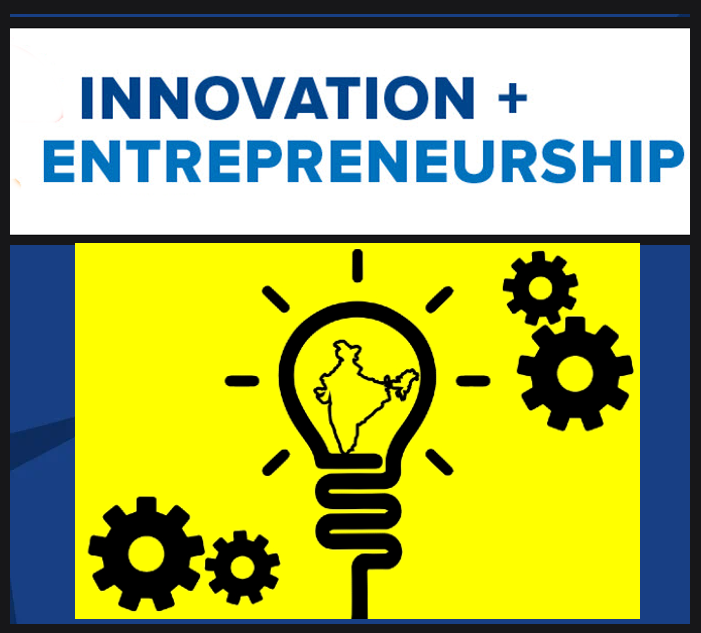The status of innovation and entrepreneurship in India is on the rise. In recent years, there has been a significant increase in the number of startups and innovative businesses in India. This is due to a number of factors, including a growing economy, a young and tech-savvy population, and a supportive government.
According to the Global Entrepreneurship Monitor (GEM), India’s total entrepreneurial activity rate (TEA) rose to 14.4% in 2021, up from 5.3% in 2020. This means that 14.4% of adults in India are either starting or running a new business. This is a significant increase, and it shows that entrepreneurship is becoming increasingly popular in India.
There are a number of reasons for this increase in entrepreneurial activity. One reason is the growing economy. India is one of the fastest-growing economies in the world, and this has created a lot of opportunities for entrepreneurs. Another reason is the young and tech-savvy population. India has a young population, and many of these young people are interested in technology and innovation. This has created a pool of potential entrepreneurs who are well-equipped to start and grow businesses.
The government has also played a role in promoting entrepreneurship in India. The government has launched a number of initiatives to support startups and innovative businesses. These initiatives include providing funding, tax breaks, and access to mentors and advisors.
As a result of these factors, India is becoming a hotbed of innovation and entrepreneurship. There are a number of successful startups in India, including Flipkart, Paytm, and Ola. These startups are not only creating jobs and generating economic growth, but they are also helping to change the way people live and work in India.
The future of innovation and entrepreneurship in India is bright. The country has the potential to become a major player in the global innovation landscape. With its growing economy, young population, and supportive government, India is well-positioned to become a leader in innovation and entrepreneurship.
Here are some of the key challenges that India faces in its quest to become a global innovation leader:
* Lack of infrastructure: India’s infrastructure is still underdeveloped, which can make it difficult for businesses to operate. This is especially true for startups, which often have limited resources.
* Bureaucracy: India’s bureaucracy can be slow and inefficient, which can be a barrier to innovation. This is another challenge that startups often face.
* Skills gap: India has a large pool of skilled workers, but there is still a skills gap in some areas, such as technology. This can make it difficult for businesses to find the talent they need to innovate.
Despite these challenges, India is making progress in its quest to become a global innovation leader. The government is investing in infrastructure, improving the ease of doing business, and addressing the skills gap. As a result, India is becoming a more attractive destination for startups and investors.
In the coming years, India is well-positioned to become a major player in the global innovation landscape. The country has the potential to be a leader in a number of areas, such as technology, healthcare, and agriculture. With its young population, growing economy, and supportive government, India is poised to become a major force in the global innovation economy.

Varada Rajan Krishna
Senior Advisor – Innovation, Entrepreneurship & Startups,
IITT NIF





